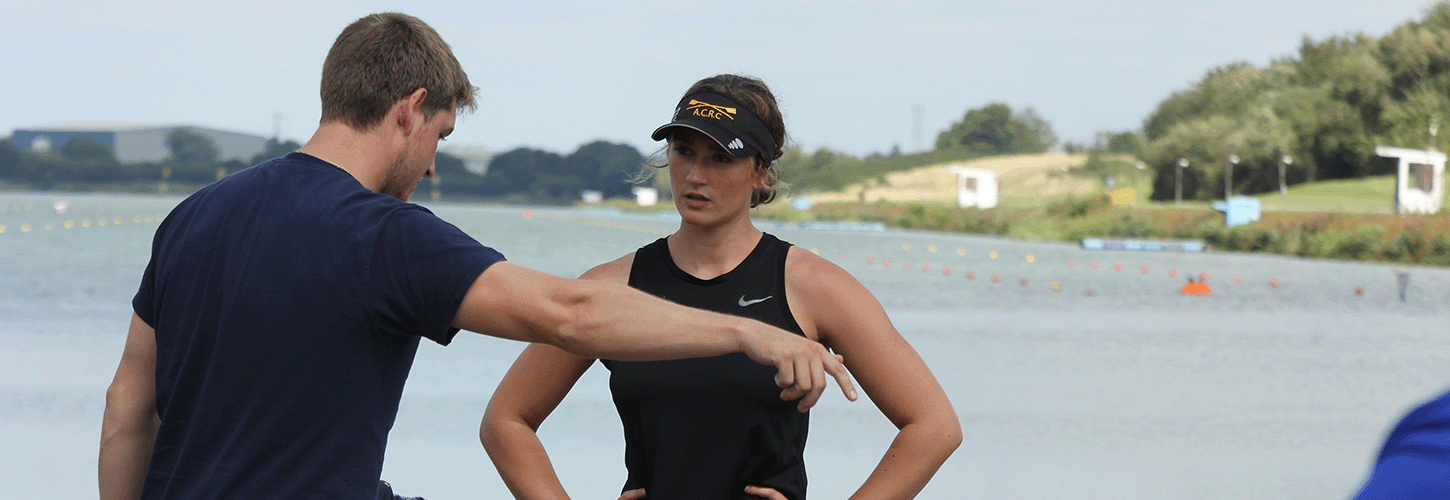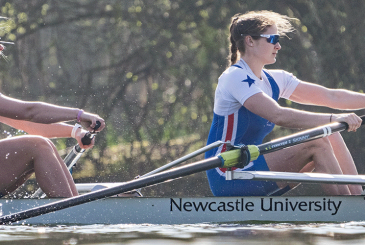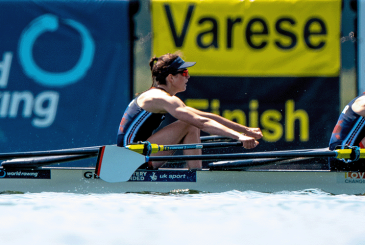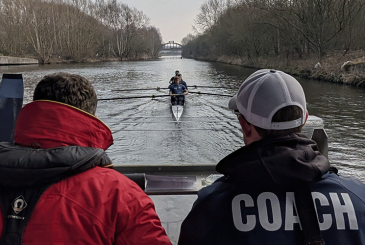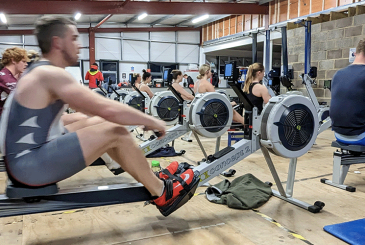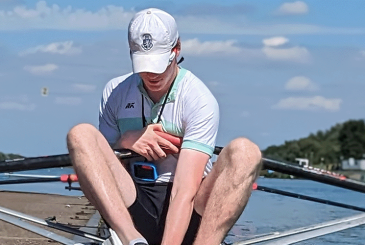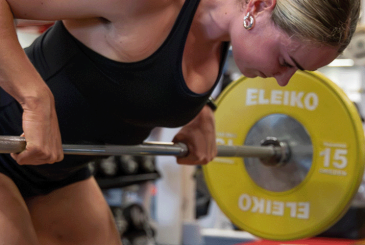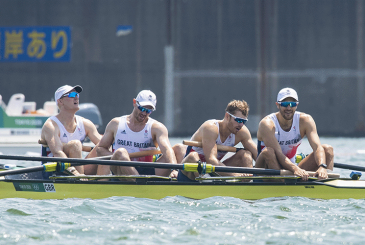Coaches Hannah Vines, Matt Mole and Kate O’Sullivan talk to Rachel Hooper about the process and importance of goal setting in supporting rowers and coxes to recognise success at every stage of their development.
It’s easy to assume that every rower wants to win – whether that’s at their local regatta, Henley or the Olympic Games – especially if they have the physical traits to do just that. But what if the 6’7″ rower just wants to hang out with their friends on the river? What about the rower with aspirations way beyond their ability? The role of the coach in supporting each individual lies in agreeing and understanding achievable goals. In the rowing context, this is far more fluid and complex than the formal ‘form-filling’ format, which may be more commonplace in a workplace environment.
‘Reflect, review and re-set’
For Matt who is a British Rowing Performance Development Academy (formerly Start) coach, goal setting is a daily, session-by-session process. “It should be a natural part of the ongoing athlete/coach conversation, whether it’s sat in the clubhouse after a session, or walking from the landing stage to the boathouse,” he says. Matt’s coaching takes a ‘reflect, review and re-set’ approach to every conversation. He believes that the more coaches encourage athletes to develop and evolve their own process goals, the more they are able to celebrate each milestone in their development.
Working out of Dorney BC, with groups of athletes who generally have very quite different aims from those on the performance pathway, this is an approach that Hannah also identifies as the key to recognising success beyond winning. “Yes, you can be inspired by the Olympics, but the kids have a choice about what success looks like, and we can help them to discover that.” She continues, “Young people go through life being told what they have to do. We give them the freedom to be unsure about ‘the rules’, do the right thing, and give them positive feedback when we see it in action. They quickly become aware of their own personal success whether it be a behaviour change, an improvement in their confidence, or a change in their technique on the water.”
Investing in individual goal setting
Being led by the needs of every individual is undoubtedly time consuming, as Kate who is Head Junior Coach at Tees RC highlights, “We need to understand why they’re there and what else is going on in their lives. There’s no denying it’s hard work to know everyone as an individual but it is rewarding and worth the time invested with them and their parents.”
She highlights the importance of working with the rest of the coaching team to share any progress or concerns as well.
In theory it sounds relatively simple to get to know everyone, understand their aspirations and support them to build a picture of the steps they need to take to get there. But what happens when aspiration and ability are polar opposites? In spite of coaching within a performance programme, Matt simply says “it’s not for you as a coach to take away what fuels their motivation”, but he revisits his earlier comments that it is all about the small process goals. “Olympic gold might be the dream, but you need to help them understand they need to meet ‘X,Z and Z’ to get there. So you start with ‘X’ which might be whittling down the ergo score and go from there.”
Placing the rower at the centre of the goal setting process is not only essential for their own development, but it also means they are supported to celebrate each milestone whether it is not falling in, or achieving a personal best in the gym. “Coaching is a conversation with purpose” says Kate, something we can all take on board to ensure every rower can define and celebrate their ongoing achievements.
Rowing goals outside the boat
Both Hannah and Kate highlight that they often support rowers whose goals have very little to do with rowing. “The club is about becoming better people first,” says Hannah, and goals will include developing leadership skills they can transfer into life as young adults. They’ve had members go on to be university boat club captains, boatmen and presidents, without having to worry about their ability on the water. It’s a community where they feel ‘part of something’ and form lifelong friendships. A feeling of belonging can in itself be a measurable success.
“Sometimes it is about finding freedom on the water, or not getting nervous on the start line” says Kate, who highlights that her coaching team are confident in their programme to never feel judged by anyone but themselves. “We’ll support anyone to go where they want as long as they’re meeting the standards we’ve agreed. Sometimes it takes a bit of tough love but the more we understand each individual, the more we know works for them.”
Using club goals to give context
All three coaches highlighted the importance of understanding the culture they are coaching in to underpin the goal setting process. Hannah captured it clearly with the statement, “We’re successful as a club, because we understand who we are as a club.” They’re wise words for any coach to take on board.
A common goal-setting trap for coaches to avoid
Matt reflects on his early days as a coach when he realised that he was potentially being driven by the desire to help athletes achieve what he didn’t. “You can’t live your life through your athletes”, he says. “Be led by the athlete and what they want to achieve each session. They need to own it”.


